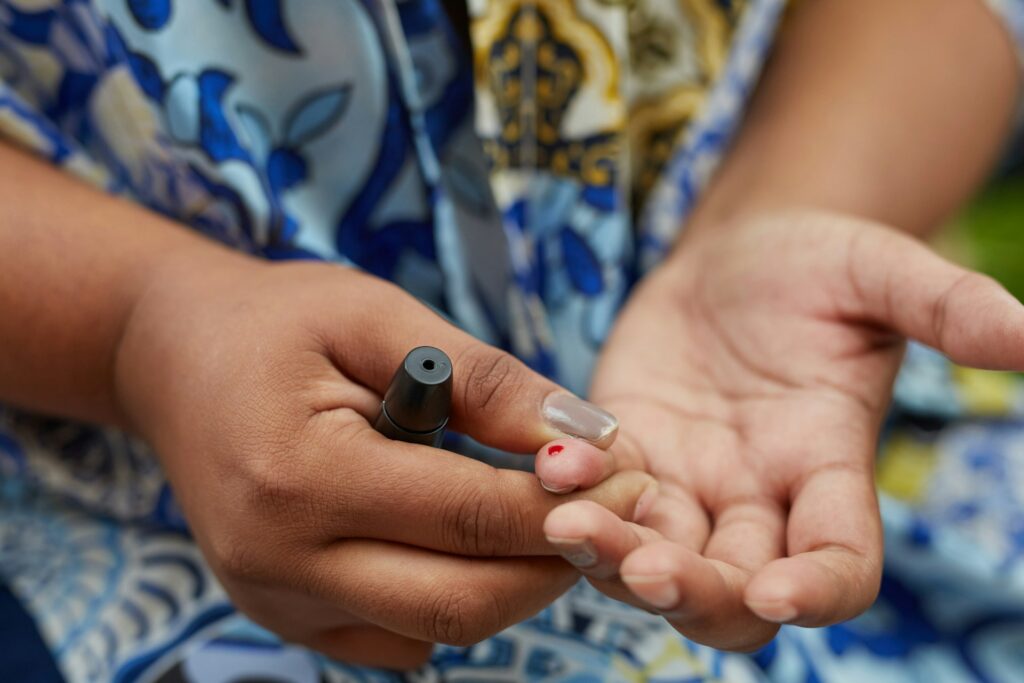The connection between stress and blood pressure has long been a subject of discussion and research. In today’s fast paced world, stress is a constant companion for many. While it’s known that chronic stress can have numerous detrimental health effects, its direct impact on blood pressure levels remains a focal point of exploration. Utilizing tools like the Viedial app, a comprehensive cardiovascular health solution, can shed light on the fluctuations in blood pressure and their potential triggers. This article aims to demystify the intricate relationship between anxiety, stress, and hypertension. Let’s dive to get more knowledge about these two factors and their relationship with hypertension.
The Physiology of Stress Response
Every time the body perceives a threat, real or imagined, it reacts with a physiological response designed to prepare us to either confront or flee from that threat—a reaction commonly referred to as the “fight or flight” response. Historically, this instantaneous outpouring of stress hormones like adrenaline was crucial for our ancestors’ survival when they encountered predators or other immediate dangers. This hormonal surge results in an increased heart rate, faster breathing, and constriction of blood vessels, all designed to maximize the delivery of oxygen and energy to vital organs and muscles.
In the modern context, however, these immediate physical threats have largely been replaced by psychological and emotional challenges—meeting deadlines, financial worries, interpersonal conflicts, and so on. Unfortunately, our body’s stress response mechanism hasn’t evolved at the same pace as our societal changes. Thus, even though there’s no tiger chasing us, our body reacts as if there is, causing temporary spikes in blood pressure. When these spikes occur too frequently due to repeated exposure to stressors, they might not be as “temporary” as we’d like, setting the stage for potential long term health concerns.
Chronic Stress and Persistent Hypertension
Unlike the occasional stressors that might cause transient rises in blood pressure, chronic stress can have more prolonged effects on our cardiovascular health. Imagine your body being in a consistent “fight or flight” mode, never getting a real chance to relax and reset. The constant state of alertness, combined with the physical repercussions of stress like elevated heart rate and tightened blood vessels, means blood pressure can remain high over extended durations.
Prolonged exposure to such stressors—whether they are work related pressures, unresolved personal issues, or perpetual financial worries—can shift what was once a normal blood pressure range to a consistently elevated one. Over time, this not only increases the risk of developing chronic hypertension but also augments the likelihood of associated complications such as heart diseases, kidney problems, or even strokes. Recognizing and addressing the root causes of this persistent stress becomes paramount, not just for mental wellbeing but also for maintaining optimal physical health.
Lifestyle Choices: The Indirect Link
Stress often drives people towards unhealthy habits. Some resort to smoking, excessive caffeine or alcohol intake, or unhealthy eating patterns as coping mechanisms. These behaviors, while providing temporary relief, can have a detrimental impact on blood pressure. For instance, excessive salt intake is a known risk factor for hypertension. Hence, while stress might not directly cause long term high blood pressure, the lifestyle choices made under its influence certainly can.
The Viedial App: Tracking and Understanding Fluctuations
Understanding the relationship between stress and blood pressure requires consistent monitoring. The Viedial app emerges as a groundbreaking cardiovascular health solution, allowing users to track their blood pressure readings daily. By correlating these readings with episodes of increased stress or anxiety, users can gain insights into how their emotional and mental states impact their physical wellbeing. Such realtime data can empower individuals to make necessary lifestyle or therapeutic adjustments.
Mitigating Stress for Better Cardiovascular Health
Recognizing the potential link between stress and high blood pressure is only the first step. Actively seeking strategies to mitigate stress can lead to better cardiovascular health. Whether it’s through mindfulness practices, regular exercise, therapy, or simple relaxation techniques, finding effective stress relief methods is crucial. Not only do these strategies offer immediate relief, but they also pave the way for long term cardiovascular wellbeing.
The relationship between stress and blood pressure is multifaceted. While acute stress triggers a temporary rise in blood pressure, it’s the chronic stress and accompanying lifestyle choices that pose a more significant threat. By utilizing health tools like the Viedial app, individuals can stay informed about their cardiovascular health, making timely interventions possible. Ultimately, while stress is an inevitable part of modern life, understanding its impact and actively seeking ways to manage it can lead to a healthier heart and a better quality of life.




